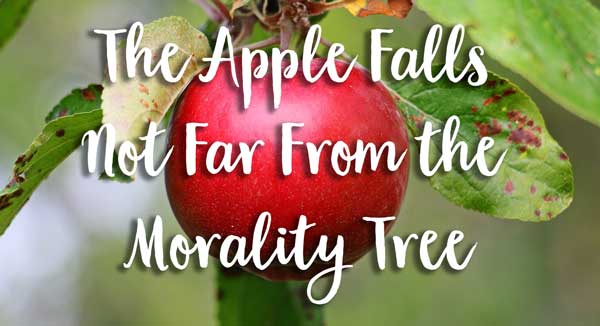You are likely familiar with the terms “impact investing,” “cause based investing,” “social impact investing,” “socially responsible investing,” and “sustainability investing.” In fact, one of these terms serves as the backbone of the Stewardship Foundation. Nowadays, there’s a new kid on the block — the woke investor.
The Woke investor likes ESG funds for an investment strategy that aligns with personal values, whether those be going green, saving the planet, or protesting for BLM. They want to feel good about improving their financial well-being.

Woke investors are generally millennials who want their money to go towards making a difference in society and in the world (though, when asked how their money would actually support a good cause, most aren’t sure).
The Stewardship Foundation is similar in its pursuit of transformational investing, though where we invest may very well be different. We were founded on a set of core beliefs that allow our clients to trust that the decisions we make to grow and protect their wealth are made as though Christ was looking over our shoulder.
Some investment companies appear to be exchanging the goal of maximizing shareholder value for maximizing societal value, a kind of social justice (source: The Federalist). Does this mean that SF has been way ahead of the curve? Perhaps. Since 2009, we have served only clients who share our Credo.
We faithfully serve clients who also believe…
- in transformational giving.
- that giving is a collaborative act between the donor, the charity, and their God.
- that transformational giving is not about the bottom line, but about the heart.
- that transformational giving creates partnerships that impact entire communities.
- in the sanctity of human life, marriage and sexual morality, and religious freedom and the rights of conscience.
- that it is our responsibility to care for the poor, the sick and the disadvantaged, and to use our talents for the betterment of mankind through education, opportunity and freedom.
Our clients are not WOKE investors. They were never asleep.

